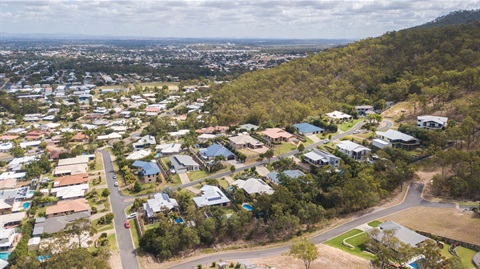This International Women’s Day, the Greens have announced a plan to deliver economic security for Australian women and work to close the persistent gender pay gap that sees too many women struggle to make ends meet, juggle multiple jobs, live in poverty or without a home, or to stay in abusive relationships.
Australia has dropped to 50th place on the Global Gender Gap rankings and the gender pay gap has barely shifted in a decade. Without more effective and targeted strategies, the Workplace Gender Equality Agency estimates that it will be 26 years before the gap closes completely. Australian women cannot afford to wait that long.
Studies consistently show that women’s workforce participation and earning capacity are higher where they have access to a strong parental leave scheme, flexible working arrangements and affordable childcare.
The Greens will invest $24.5 billion over ten years to provide a 26 week parental leave package, paid at the carer’s replacement wage (pro rata up to $100,000 annual, with superannuation), with “use it or lose it” provisions to encourage parents to share care more equitably. Single parents will be entitled to the full 26 weeks.
We will also require workplaces to consider flexible working arrangements and fund free and universal childcare to give families more options to juggle work and caring responsibilities. Because giving more women the option to return to work is good for women, good for families, and good for the economy.
Other measures in the Greens’ comprehensive plan include:
- Lifting the minimum wage, boosting superannuation for low-income earners with caring responsibilities to address the ‘parenting penalty’, and doubling low-income super offsets
- Reversing the unfair Stage 3 tax cuts which disproportionately benefit men
- Increasing the transparency of pay data and giving WGEA more power to act when employers fail to take action to close their gender pay gap
- Investigating long-term options to value unpaid care work
- Supporting female-led businesses
- Requiring a Women’s Budget Impact Statement to consider the gendered impacts of budget allocations before they are made








